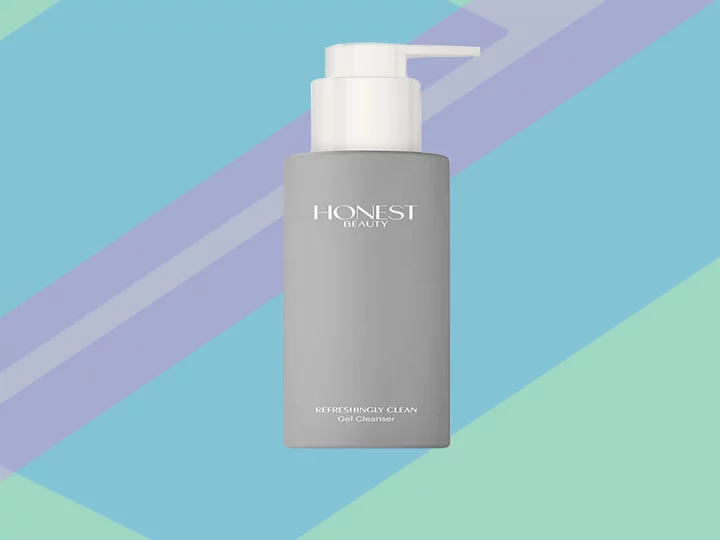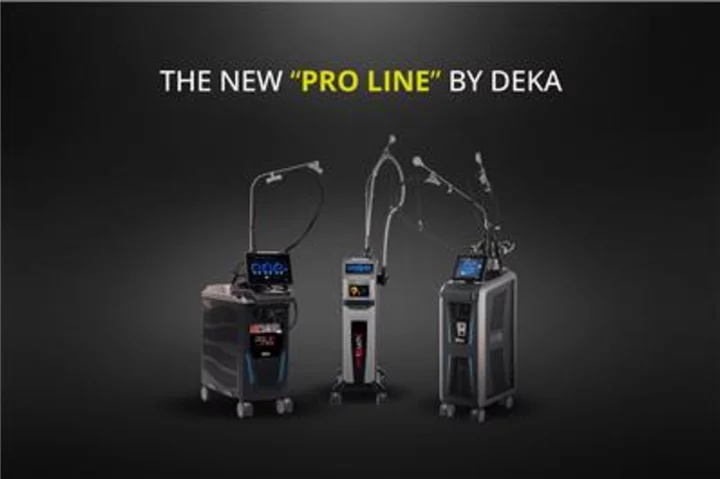President Joe Biden is using a common breathing apparatus to treat sleep apnea, the White House said Wednesday in response to questions about marks on his face that indicted use of a tight mask. Biden’s condition has been disclosed since 2008, White House spokesperson Andrew Bates said in a statement. Still, it’s focused attention on sleep apnea. What is the disorder and how is it treated?
What Is Sleep Apnea?
Sleep apnea is a common condition in which breathing stops and restarts many times during nighttime rest, temporarily preventing the body from getting enough oxygen. The condition can be caused by anything that narrows the airway, such as large tonsils or changes in hormone levels and is most common in obese people.
Doctors may decide whether and how to treat it depending on symptoms and their severity.
What Are The Symptoms of Sleep Apnea?
Some of the most common nighttime symptoms include frequent loud snoring, gasping for air during sleep and frequent waking for urination, according to the US National Heart, Lung, and Blood Institute. Sleep apnea can also lead to daytime sleepiness and tiredness, as well as a dry mouth, headache and decreased libido.
Is Sleep Apnea a Serious Problem?
Studies have shown an association between sleep apnea and type 2 diabetes, strokes, heart attacks and a shortened lifespan. A 2017 Johns Hopkins study found that uncontrolled sleep apnea is linked to high blood sugar, increased heart rate, elevated blood pressure and higher levels of stress hormones. It’s important to treat, as some experts say the true risk comes from damage done over time.
Experts estimate it affects from 5% to 10% of people worldwide, according to the Cleveland Clinic. The disorder gained attention after the death of late US Supreme Court Justice Antonin Scalia, who passed away in his sleep in 2016. Scalia had been using the same apparatus Biden uses, a continuous positive airway pressure machine, or CPAP, and it was found to have been unplugged overnight.
How Do You Fix Sleep Apnea?
The first choice of therapy for many patients is a CPAP machine. The device pipes humidified air through the nose and mouth, creating pressure that keeps the throat open during sleep and prevents pauses in breathing. Some studies indicate that regular use of the machine is linked to a lower risk of stroke and heart attack, as well as lower blood glucose.
Some patients with severe sleep apnea may undergo surgery to remove tissue that falls into the airway when the body is relaxed during sleep, according to the Mayo Clinic. Other treatments include nerve stimulation to keep the tongue from blocking the airway during sleep or repositioning the jaw to make obstruction less likely.









